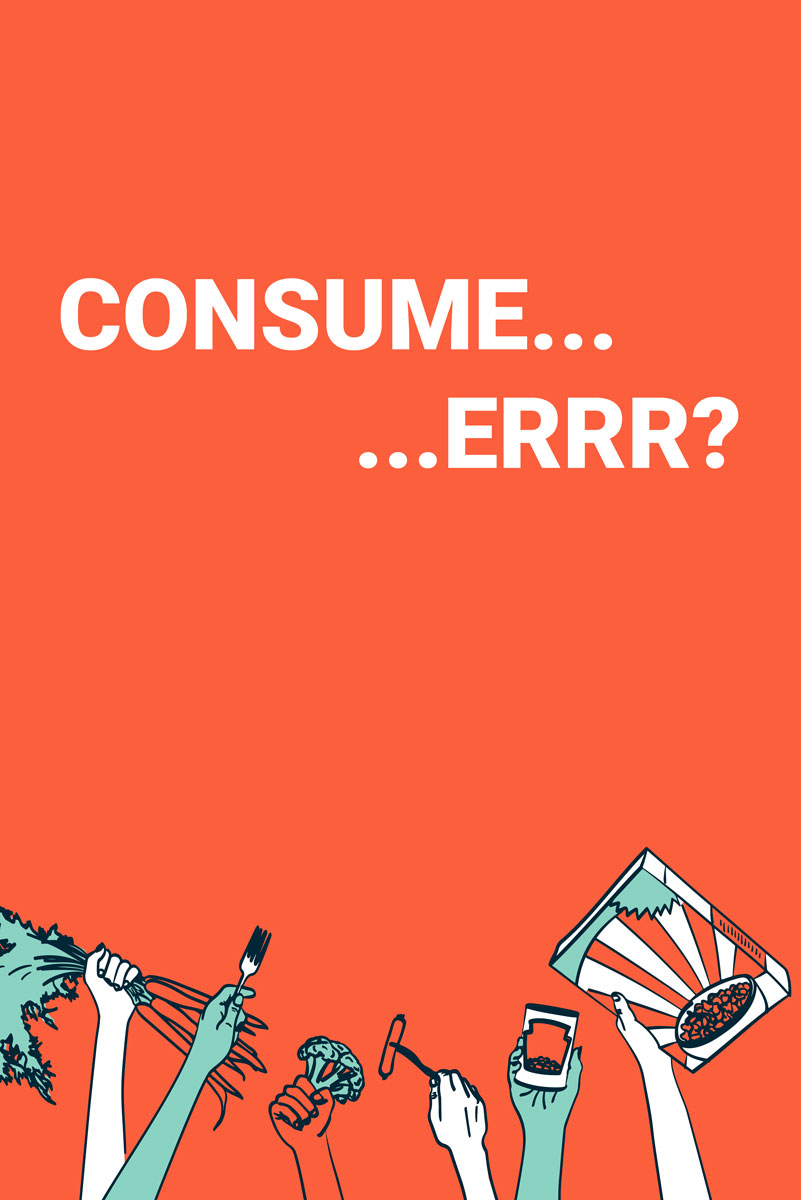We Consume.
Those of us who live in developed, affluent countries fiercely defend our position as consumers on this planet. We have consumer’s rights, consumer organisations and carefully plan our path of consumption, be it food, products or experiences.
It’s seen as the great aspirational freedom, to be able to consume at will. The greater the personal success and resources, the greater the opportunities for consumption. We devour food, imbibe beverages and plough through products with joyful abandon, because that is what living in a free, democratic, capitalist country means. It’s even become a growing issue in developing countries, dubbed the ‘nutrition transition’, as rapid economic growth leads people to pursue an aspirational Western diet, eating lots of meat and sugar, heading directly into over-consumption.
The USA and United Kingdom consume so much food, it’s estimated the United States is ploughing through natural resources at a rate equivalent to having five planet earths at their disposal. Europe behaves as if it has merely three planets to pick up the tab for it’s environmental activities. Meanwhile, we waste fully a third of the food we purchase as consumers, which makes us almost as good at disposing as we are at consuming.
At this point it would be very easy to launch into a rant about diets, meat, greenhouse gasses and Brexit. But that’s not where I’m going today, I’m headed somewhere more subtle, questioning if something so simple as the language we use could be enough to effect significant changes in the world.
Well, Well, Well.
Let’s look at a simple experiment conducted by the people at the New Citizenship Project. They put a load of people into groups of four and created a theoretical situation where they were dependent on a well, which contained a dwindling supply of water. Each person was asked how willing they would be to use less water and how much they would trust the other three team members to use less.
Half of the groups were referred to as individuals, “You are one of four individuals…”, the other half were framed as consumers, “You are one of four consumers…”. The experiment was otherwise identical, there were no differences in their treatment and this small change in language was not highlighted to the participants. Their responses were logged and recorded, to see if this one word, ‘consumer’, resulted in a changed perspective.
The results were significant. It happened at a subconscious level, because it’s unlikely that anybody analysed the language used during the test and acted differently as a result. The changes in behaviour were purely subconscious, due to the way they had been labelled at the outset.
And the difference?
People labelled as consumers were significantly less willing to reduce their own water consumption and also less likely to trust the others to do so. People are far less willing to take other people’s needs into account when they are labelled as consumers. Yet, we are labelled as consumers every day of the week, by retailers, government, charities and almost every other part of society.
Those who answered as Consumers were significantly less likely to be willing to reduce their own water usage; and significantly less likely to trust their fellow dependents to do so.The New Citizenship Project
It’s What We Want?
To fully understand this phenomenon, I’ve scoured the internet and found yet more evidence of how a consumer mindset results in people looking no further than their own needs.
Retailers tell us they are providing what the consumer wants. However, is a scene like the above what we want? Is it a loving picture of kind and caring humanity? Is that really what people want?
Citizen, or Consumer?
There is a potential solution, which could turn back the tide and allow people to act differently. The experiment with the water in the well demonstrated that we are controlled by how we are labelled, so the first step is to stop calling people consumers. It’s only helping retailer’s bottom lines.
The next step is to use language which encourages more inclusive behaviour, such as ‘citizen’. Being a citizen means taking a valid role in the world, rather than simply being a mouth to consume whatever industry can output. Consumption is a one way street, you receive and receive and receive. Once you cease being a consumer and activate yourself as a citizen, the discourse becomes a two way street.
It’s a given that our food supply will change in many ways over the next few years, because food is always changing. Traditional thinking is that government needs to tell people what to do, through legislation or taxes, or that companies have to make changes without people knowing, such as by adjusting recipes “under the radar”. It’s assumed to be a one way street, that we consumers need to be told what to do.
Alternatively, if we are individually validated as citizens, instead of consumers, it gives each one of us an opportunity to change our mindset of who we are in the world, where we stand and what impact we can all have. Individual consumers are helpless, at the mercy of the world and act defensively as a result. Citizens are empowered and have a choice.
That, my friend, is why you need to cast off the mantle of being a consumer, because it’s a name you didn’t choose. Instead, take ownership of your position as a citizen, and in doing so, choose to have a voice. When people have voices, they can ask for change, together. When people ask for change, there’s a chance it might happen. After all, the people who are crazy enough to think they can change the world, are the ones who do.
On Wednesday 28th June 2017, a study called the Food Citizenship Report was launched by the New Citizenship Project and the Food Ethics Council. It covers in more detail how a shift from consumer to citizen mindset can have great benefits for the way we deal with food.
Food Citizenship by the New Citizenship Project is licensed under CC BY 4.0 / Adapted from the original with new heading.

